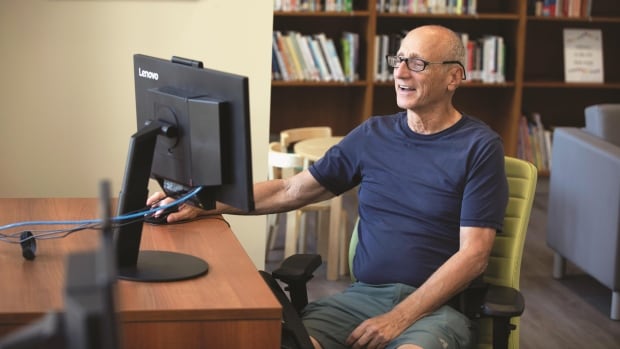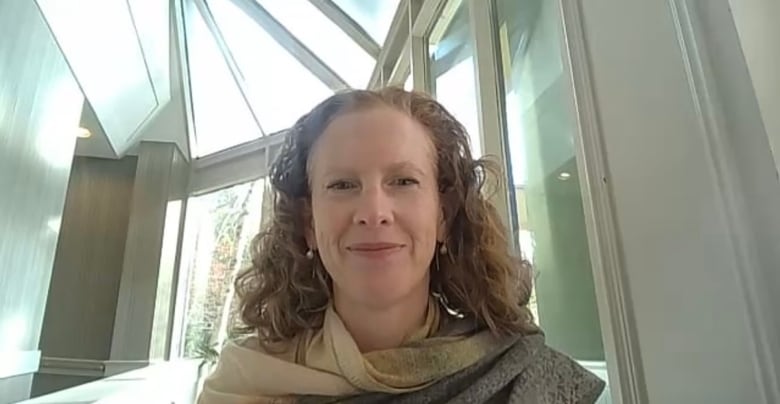
The Baycrest Koschitzky Centre is launching a free online resource tool it says will help caregivers facing “significant and escalating challenges,” such as isolation, burnout and financial hardship.
The Canadian Caregiver Assessment and Resource Tool (C-CART) will give people providing care to someone with disability, illness, or frailty access to resources such as health information services or financial resources, according to Baycrest.
“One of the biggest gaps for Canadian family caregivers is what we call systems navigation, which is when we have resources in Canada but people don’t know what they are or where to find them,” said Adriana Shnall, program director at the centre.
According to a new report, Ontario will see a spike in demand for home-care workers over the next few years as its population of seniors increases sharply. CBC’s Clara Pasieka dives into how the province’s aging population will affect the home care system.
Shnall said the online tool is meant to personalize the resources provided to caregivers, after they complete a questionnaire.
It will also help centralize resources for those who don’t have time to search for resources online, she said.
The new tool is being welcomed by Lauren Bates, a Toronto-based woman who says she makes frequent trips to Alberta to care for family.
She cared for her mother, who passed away in 2023 after living with dementia, and now her 90-year-old father. Finding the right resources has been difficult, Bates says.

“You can spend many many many hours just to find the supports that exist,” she said. “You’re on hold, you’re calling multiple offices, you call one place and they tell you ‘well, try this other place or just call this place.'”
Bates said at one point her father lost his housing and finding the resources to keep him housed was a challenge.
“He’s 90 years old and someone told me to take him to a homeless shelter because they couldn’t think where else to place him,” she recalled of her experience reaching out to a support service for seniors.
Bates says she decided to give up on full time employment so she can properly care for her father, a move that was made possible due to having extra support from her partner.
A lack of financial, emotional and mental health support is a reality for nearly four million caregivers in the province, according to the Ontario Caregiver Organization.
“We hear from caregivers that they need information, support and resources,” said CEO Amy Coupal. “I think any tool that can help them with any of those things is much needed for caregivers in Ontario and across the country.”

C-CART will hopefully change the feelings of loneliness that many caregivers in Canada continue to feel, says Coupal, who has also been a caregiver for most of her life.
Caregivers hit by burnout earlier, expert says
A lack of resources and support is leading caregivers across the country to face burnout sooner, Coupal says.
“We used to see caregivers reaching burnout after five years of caregiving, and we’re now starting to see an increasing number of caregivers reach that burnout after two years,” she said.
Dr. Samir Sinha, a geriatrician at Sinai Health and University Health Network in Toronto, says burnout is caused by the growing pressures facing caregivers, such as financial instability and overwork.
“It could be very emotionally draining, and it can really impact the mental health and well-being of caregivers as well,” he said.
Sinha says some people are unaware they’ve stepped into the caregiver role, which also leads to difficulties finding support.
More online tools are urgently needed to provide the building blocks caregivers need to continue their work, he said.



